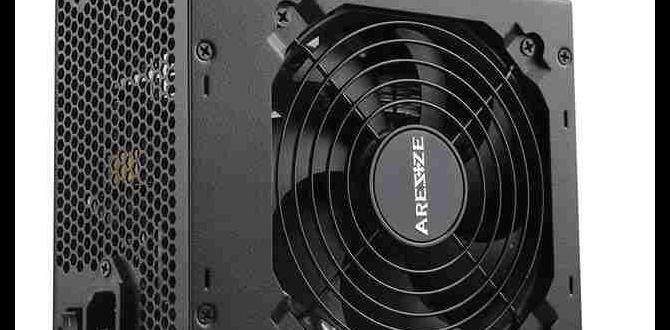When it comes to gaming PCs, understanding the power consumption is crucial for both efficiency and cost-saving measures. Power consumption refers to the amount of electricity a device uses during operation, and gaming PCs are notorious for their high power demands due to their advanced components and graphics processing requirements.
Monitoring Power Usage
Tools for Measuring Power Consumption
One effective way to manage power consumption is by monitoring it regularly. There are various tools available for measuring the power usage of your gaming PC. Tools like a watt meter or a smart power strip can provide real-time data on how much electricity your PC is consuming. By using these tools, you can track the energy usage and make informed decisions on optimizing power consumption.
Factors Affecting Power Usage
Understanding the Impact of Different Components
The power consumption of a gaming PC is influenced by various factors such as the type of components used, the intensity of gaming sessions, and system settings. Components like the graphics card, CPU, and cooling systems contribute significantly to power usage. Higher-performing components tend to consume more power, especially during demanding tasks like gaming at high resolutions.
Ways to Reduce Power Consumption
Implementing Energy-Efficient Components and Settings
To reduce power consumption, consider using energy-efficient components such as power-efficient graphics cards and processors, as well as optimizing system settings. Adjusting display settings, enabling power-saving modes, and managing background applications can also help minimize power usage without compromising gaming performance.
Impact of Power Usage on Costs
Considering Electricity Bills and Environmental Impact
The power consumption of a gaming PC directly affects electricity bills and can have environmental consequences. By optimizing power usage, not only can you save on energy costs in the long run, but you can also reduce your carbon footprint and contribute to a more sustainable gaming setup.
Conclusion
In conclusion, understanding and monitoring the power consumption of your gaming PC is essential for optimizing usage, reducing costs, and promoting environmental sustainability. By implementing energy-efficient components, monitoring power usage, and making informed decisions, you can strike a balance between gaming performance and energy efficiency.
FAQs
1. How can I check the power consumption of my gaming PC?
To measure the power consumption of your gaming PC, you can use tools like a watt meter or a smart power strip that provide real-time data on electricity usage.
2. Can adjusting system settings help reduce power consumption?
Yes, optimizing system settings such as display brightness, power-saving modes, and background applications can contribute to lowering power consumption without sacrificing gaming performance.
3. Are energy-efficient components worth the investment for gaming PCs?
Investing in energy-efficient components can be cost-effective in the long run, as they not only reduce power consumption but also contribute to environmental sustainability.
4. How does high power consumption affect electricity bills?
A gaming PC with high power consumption can significantly impact electricity bills, especially if it is used frequently for gaming sessions. By optimizing power usage, you can save on energy costs.
5. What are some common factors that increase power usage in gaming PCs?
Factors such as overclocking the CPU or GPU, running multiple high-performance components simultaneously, and using inefficient cooling systems can all contribute to increased power consumption in gaming PCs.
